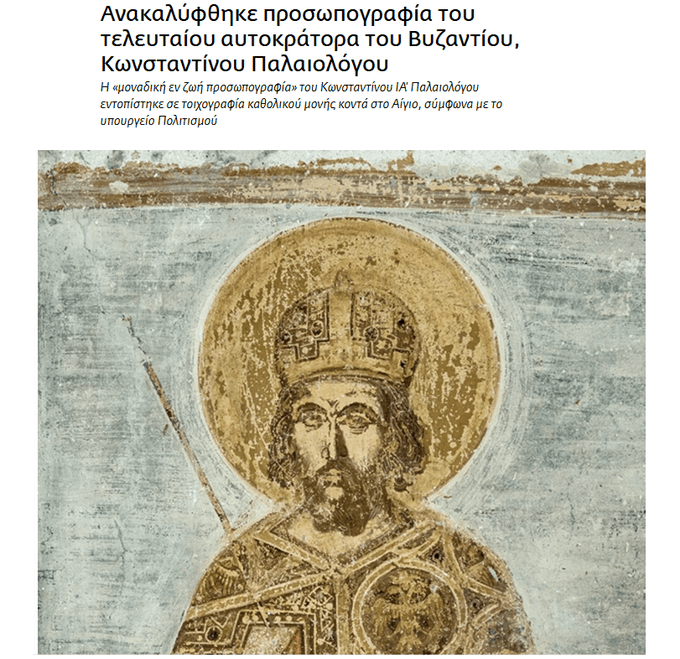Sublime
An inspiration engine for ideas
The History of England from the First Invasion by the Romans to the Accession of King George the FifthVolume 8
amazon.com



The Greatest Traitor: The Life of Sir Roger Mortimer, Ruler of England: 1327--1330
amazon.com
They offer repeated testimonials to the quality of their sources, the social status or number of the witnesses, and whether the writers were personally present. Even the recording of distant events reflects a clear concern to report only what was credible. Thus the chronicler of St Paul's Cathedral in London recorded, of an exceptionally severe
... See moreAndrew Pettegree • The Invention of News: How the World Came to Know About Itself
If a matter could not be resolved at one court, it would move up to the next level of assembly, sometimes with a gap of some months. Delegates would represent their districts, often with spokesmen who were especially gifted at public speaking or legal argument. The speeches were heard by the presiding official—the lawspeaker—who, as his name
... See moreNeil Price • The Children of Ash and Elm

Leif Eiríksson, allegedly the first European to land in North America, was also known as hinn heppni, ‘the Lucky’.
